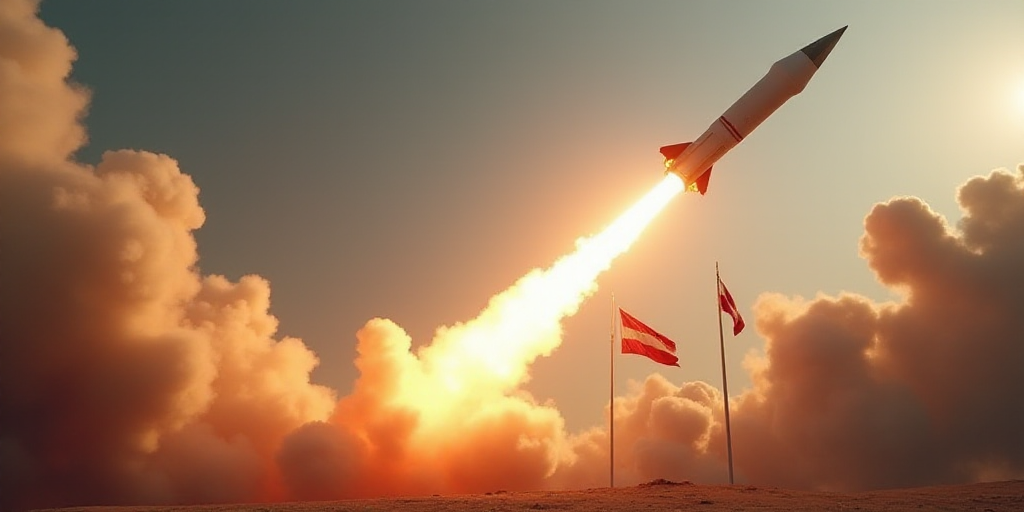Background on Iran’s Nuclear Program and Its European Counterparts
Iran’s nuclear program has been a significant point of contention in international relations, particularly with Western countries. The program, which Iran insists is for peaceful purposes, has raised concerns about potential nuclear weapon development. In response, the United Nations, United States, and European Union have imposed sanctions on Iran to curb its nuclear activities.
Key Players Involved
- Iran: A Middle Eastern country with a complex political system, currently governed by an Islamic theocracy. Its nuclear program has been a source of both national pride and international tension.
- European Countries (Germany, France, and the United Kingdom): These nations have historically been involved in diplomatic efforts to address Iran’s nuclear program, aiming to prevent further escalation and ensure non-proliferation.
Recent Developments: Iran Resumes Dialogue with Europe
On Friday, a delegation from Iran met with representatives from Germany, France, and the United Kingdom in Istanbul to restart discussions on the nuclear program. This move comes as European countries consider reimposing sanctions on Iran due to concerns over its compliance with the 2015 nuclear deal, also known as the Joint Comprehensive Plan of Action (JCPOA).
The 2015 Nuclear Deal (JCPOA)
The JCPOA was a historic agreement between Iran and the P5+1 (the five permanent members of the UN Security Council—China, France, Russia, United Kingdom, United States—plus Germany) that aimed to limit Iran’s nuclear program in exchange for sanctions relief. The deal was intended to prevent Iran from developing nuclear weapons while allowing it to pursue peaceful nuclear energy.
Reasons for Resuming Dialogue
- Sanctions Threat: European countries are contemplating reimposing sanctions on Iran due to concerns about its adherence to the JCPOA. This threat prompted Iran to seek dialogue and potentially negotiate a resolution.
- Maintaining Influence: By engaging in talks, Iran aims to maintain its influence in the region and avoid further economic isolation.
- Addressing Concerns: Iran seeks to address the concerns of European countries regarding its nuclear activities, potentially leading to a revised agreement or increased transparency.
Key Questions and Answers
- What is the current status of Iran’s nuclear program? Iran maintains that its nuclear program is for peaceful purposes, but international concerns persist about potential military applications.
- Why are European countries considering reimposing sanctions? Due to concerns over Iran’s compliance with the 2015 nuclear deal, European countries are evaluating whether to reimpose sanctions to pressure Iran back into negotiations.
- What are the potential outcomes of the resumed dialogue? The talks could lead to a revised nuclear agreement, increased transparency, or further economic isolation for Iran if no resolution is reached.
Impact on the Region and Beyond
The resumed dialogue between Iran and European countries has significant implications for regional stability and international non-proliferation efforts. A successful resolution could ease tensions, promote economic cooperation, and set a positive example for resolving complex geopolitical challenges. Conversely, failure to reach an agreement may result in heightened tensions, renewed sanctions, and a potential nuclear arms race in the Middle East.






